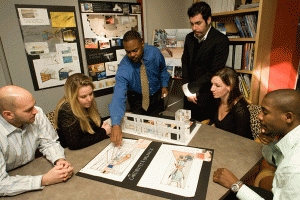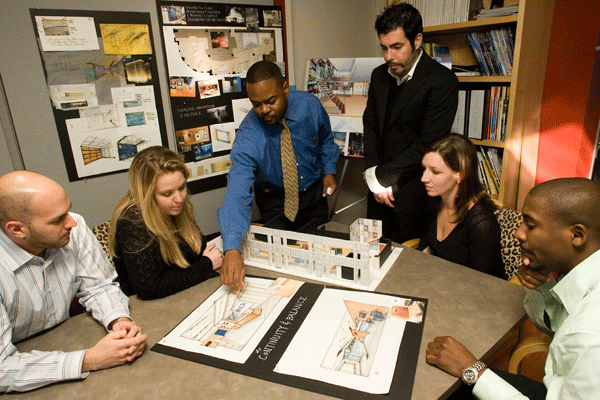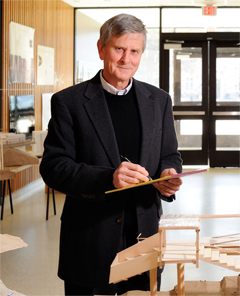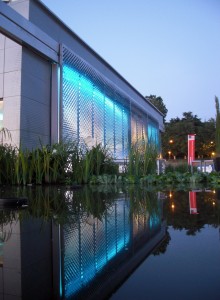
The School of Architecture + Design at the Washington-Alexandria Architecture Center (WAAC) now offers a Master of Science in Architecture with an Urban Design Concentration.
The boundaries among the practices of Landscape Architecture, Architecture and Urban Design are increasingly fluid. Graduates of the School of Architecture + Design from both the Architecture and the Landscape Architecture programs increasingly find themselves practicing as de facto urban designers, bringing the considerable tools of their disciplines to bear on large-scale, city-changing, development projects. The Urban Design Concentration will provide a rigorous and formalized setting for students who are interested in synthesizing the design and planning disciplines to prepare them to address the significant issues facing cities and metropolitan regions today.
[adrotate banner=”54″]Based at the WAAC, the program will be positioned to leverage the unique assets of the WAAC, such as proximity to the nation’s capital, an international student body, the close relationships among existing graduate programs in Landscape Architecture, Architecture, Urban and Regional Planning, and Public Administration and Policy. The WAAC was founded to provide an urban laboratory for Virginia Tech students. In its 30 years in Alexandria, the WAAC and its faculty have cultivated close and productive relationships with institutions and organizations focused on urban issues.
Admission to the Urban Design program requires a design background. The program requires the completion of 36 credits, three semesters of full-time study. The curriculum includes a minimum of required courses, including design studio and thesis, intended to give the student competencies across design, planning and public policy. Students with non-professional degrees must provide a transcript showing a minimum of four semesters of design studio.
Students without previous design experience will be required to enroll in and successfully complete a sequence of qualifying design studios.
For more information contact urbandesign@vt.edu.



